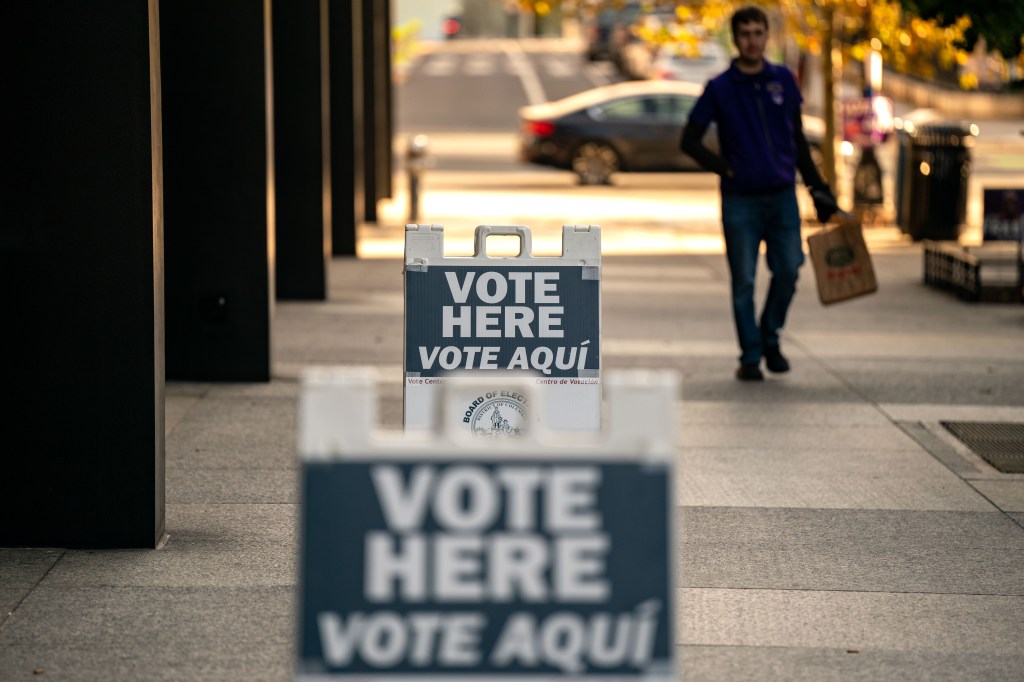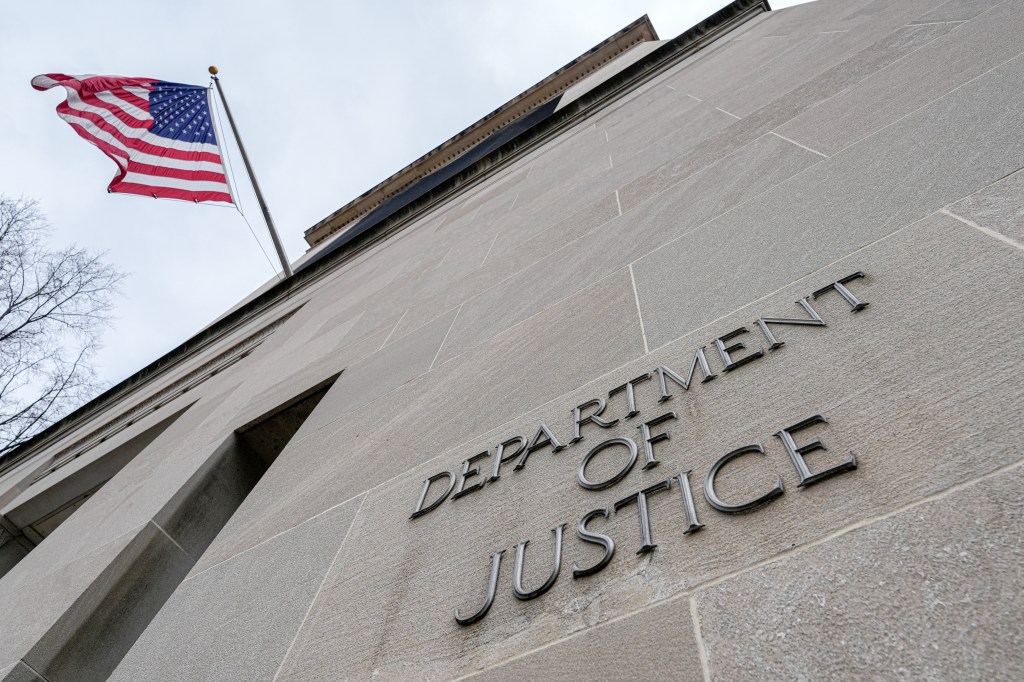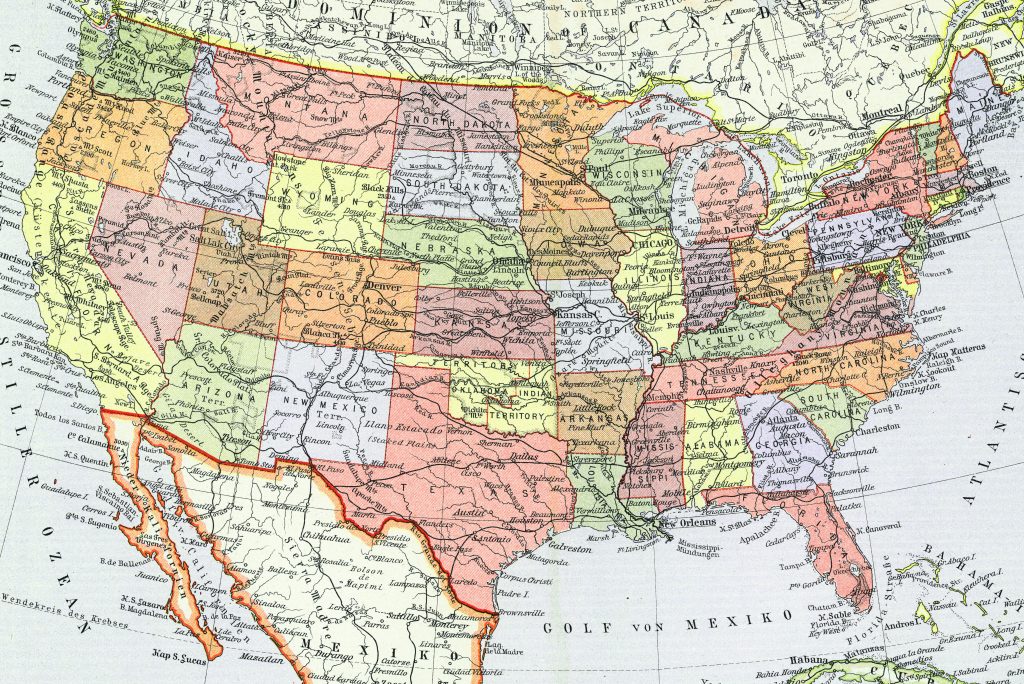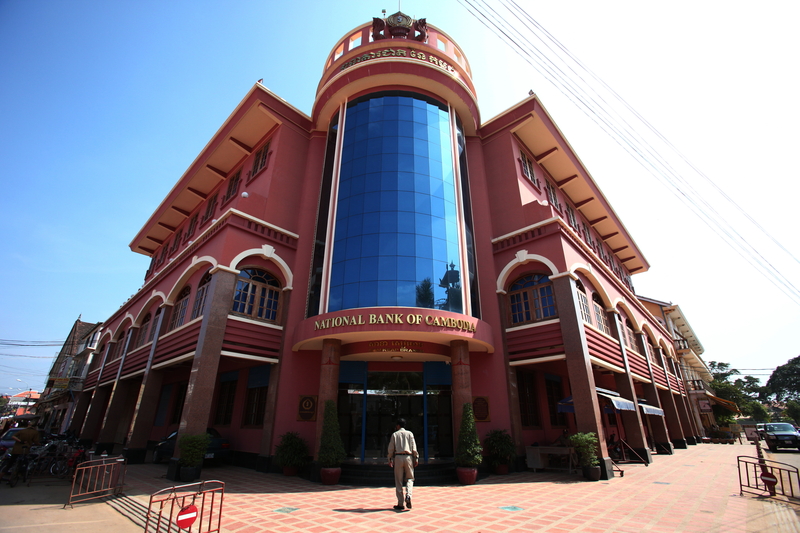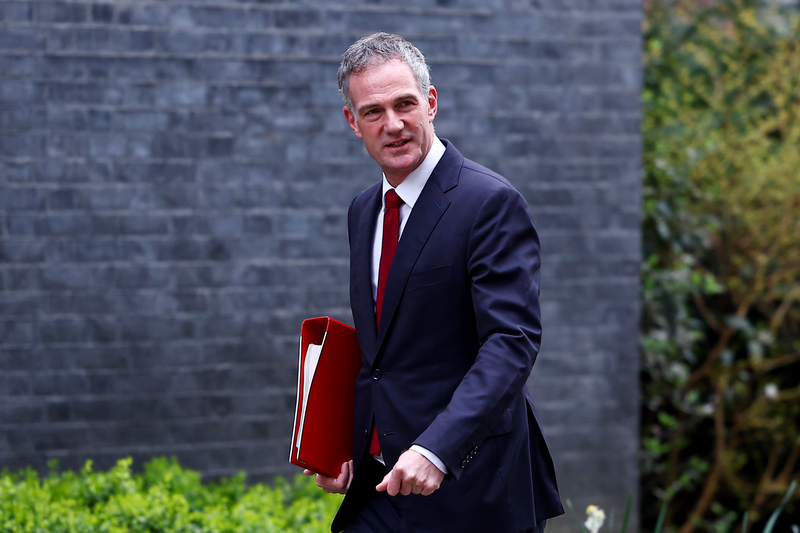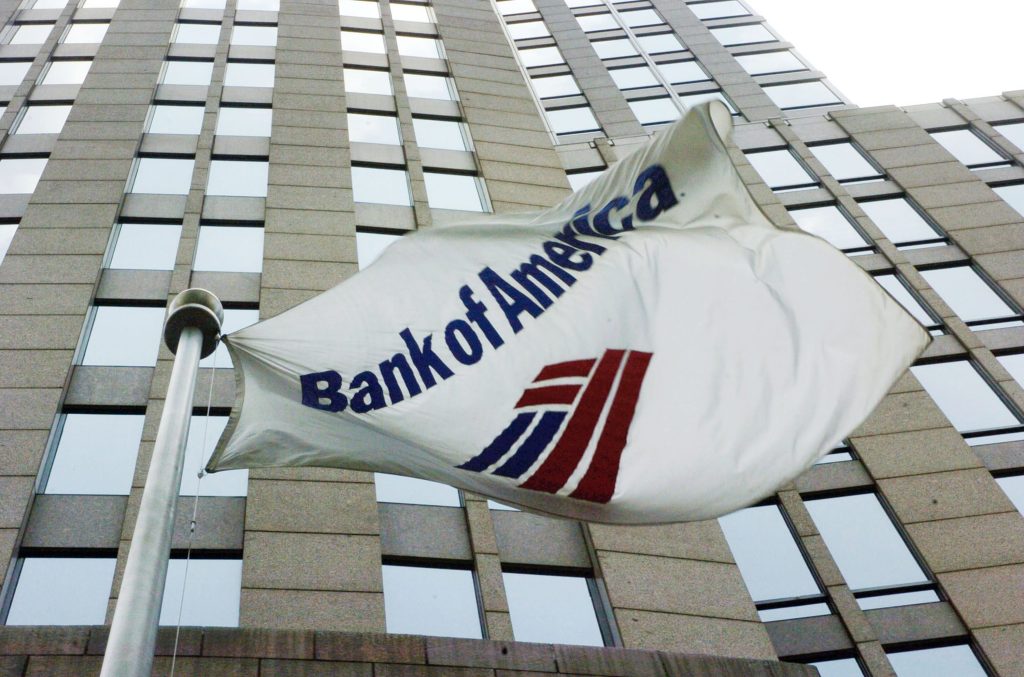Bank of America (BofA) agreed to a consent order with the Officer of the Comptroller of the Currency (OCC) to correct deficiencies within its anti-money laundering (AML) practices and sanctions compliance programs. The bank does not have to pay a fine, nor will an asset cap be imposed.
Instead, BofA agreed to take remedial action, appoint a compliance committee, and hire a third-party consultant to review its compliance efforts to resolve the alleged deficiencies in the bank’s controls, along with other steps.
It must also get OCC approval to launch new products or services that present high money-laundering or sanctions risk and conduct lookback reviews to ensure all suspicious activity was appropriately reported in connection with such products and services.
A newly formed compliance committee of the bank’s board of directors must be assembled to ensure that management effectively remediates any gaps and deficiencies in the bank’s transaction monitoring systems identified by its lookback consultants.
BSA and sanctions compliance
The OCC said it took this action against the bank based on violations and unsafe or unsound practices relating to these programs, including a failure to timely file suspicious activity reports and failure to correct a previously identified deficiency related to its Customer Due Diligence (CDD) processes. The order also identifies deficiencies in the internal controls, governance, independent testing, and training components of the bank’s Bank Secrecy Act (BSA) compliance program.
Specifically, the bank was cited for certain deficiencies in the internal controls, BSA Officer, independent testing, and training components of its BSA Compliance Program.
The OCC said BofA failed to ensure that its transaction monitoring system had appropriate thresholds for determining when transaction alerts should trigger a case investigation; did not allocate sufficient resources dedicated to case investigations; and did not comply with suspicious activity report (SAR) filing requirements, resulting in violations.
Specifically referring to the bank’s resources, the OCC said BofA’s board “shall ensure the bank maintains, at all times, a qualified BSA Officer vested with sufficient independence, authority, and resources to fulfill the duties and responsibilities of the position and ensure the bank’s compliance with the BSA.”
And the OCC pointed out that the bank had “failed to make acceptable, substantial progress towards correcting a deficiency related to its CDD processes that was previously reported to the Bank by the OCC.”
BofA addressed the OCC’s findings in a short statement to news outlets. “We have been working closely with the Office of the Comptroller of the Currency over the past year to make improvements to our anti-money laundering and sanctions programs,” a spokesperson said. “The work we’ve done so far positions us well to implement the requirements of the consent order.”
Other cases, beneficial ownership update
In July 2023, the Consumer Financial Protection Bureau and the OCC alleged that BofA harmed customers by double-dipping on fees, withholding credit card rewards, and opening fake accounts, violating a number of consumer financial protection laws.
In 2019, along with six other global systemically important institutions, BofA was found to have shortcomings in its living will or “winddown” program relating to its ability to produce reliable data in stressed conditions; but all six banks were deemed to have adequately addressed those shortcomings in their 2021 plans.
As a telling example of bank regulators’ attention to the money laundering and sanctions compliance areas in general, the OCC in October imposed a whopping $3 billion penalty on TD Bank over failures in its AML program that allegedly were taken advantage of by drug cartels and other criminal groups.
And most recently: The US Court of Appeals for the Fifth Circuit just stayed a nationwide injunction of the Corporate Transparency Act’s beneficial ownership information reporting requirements on December 23, temporarily lifting a recent federal court order that was set to block the rules from taking effect for most companies on January 1. These reporting rules are designed to help the government prevent sanctioned parties and others from hiding money or property in the US by requiring those companies to provide the government with detailed ownership information of their customers.
BofA, headquartered in Charlotte, North Carolina, is the second largest bank the United States.

